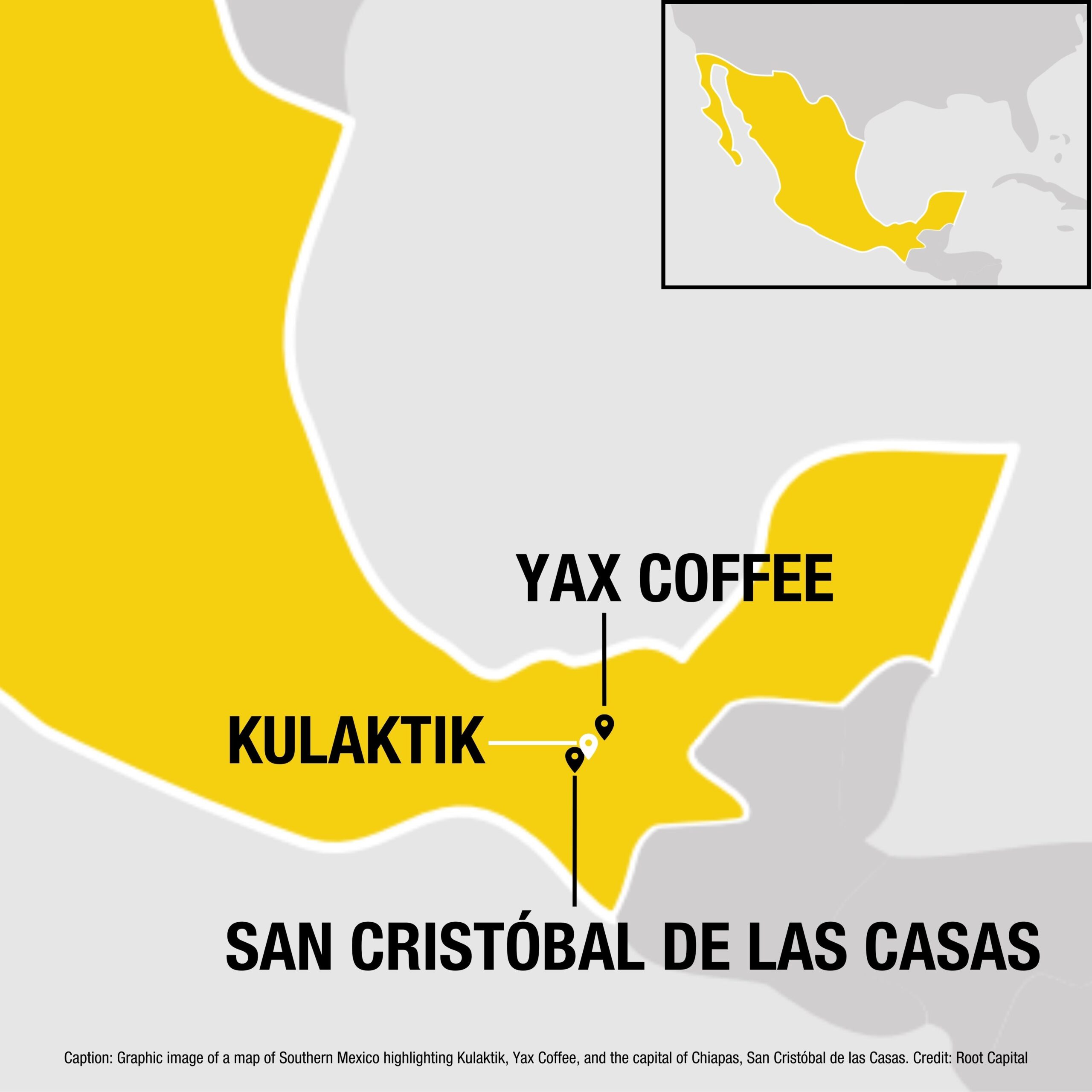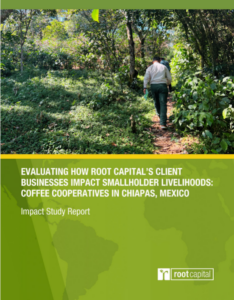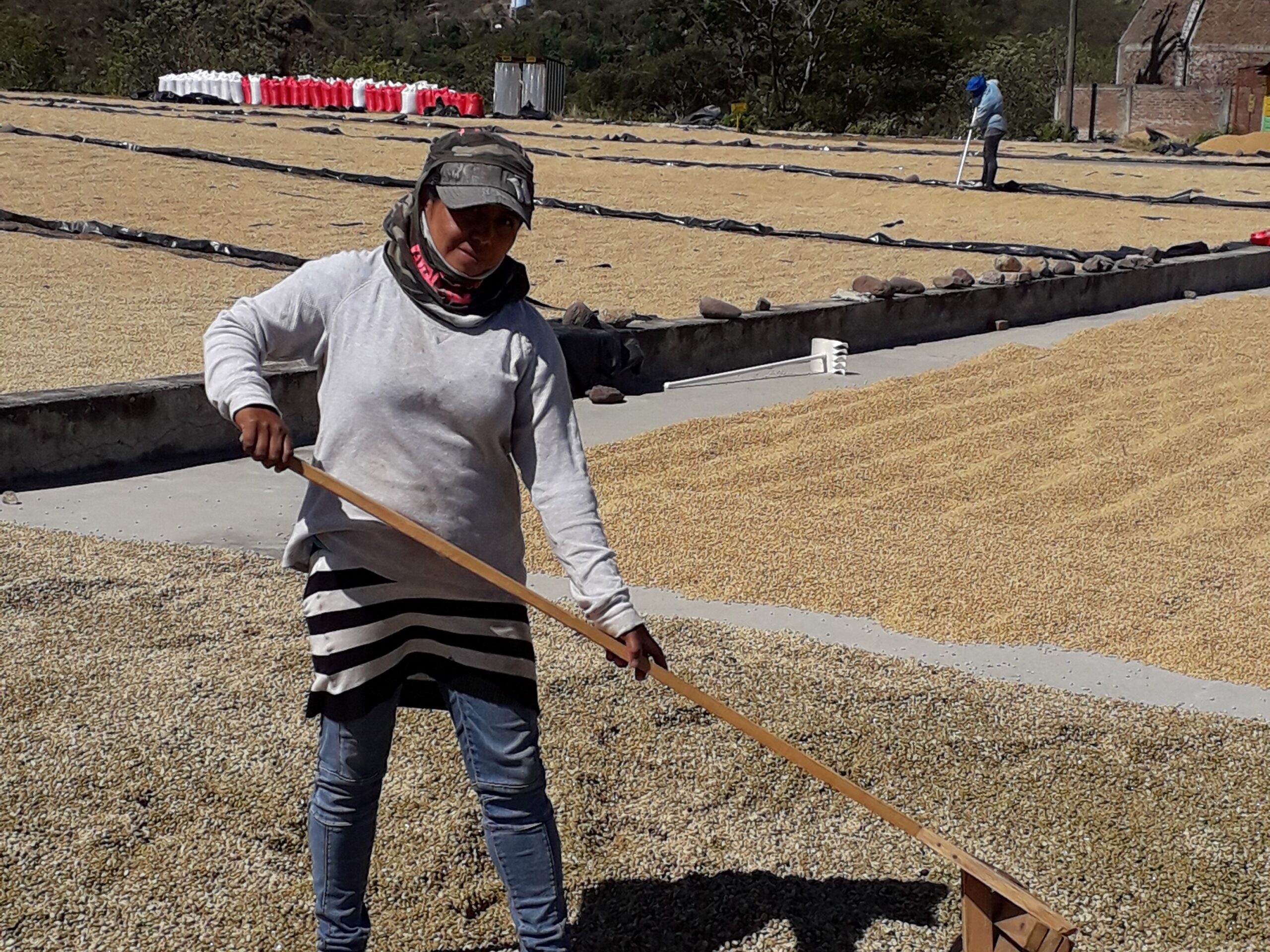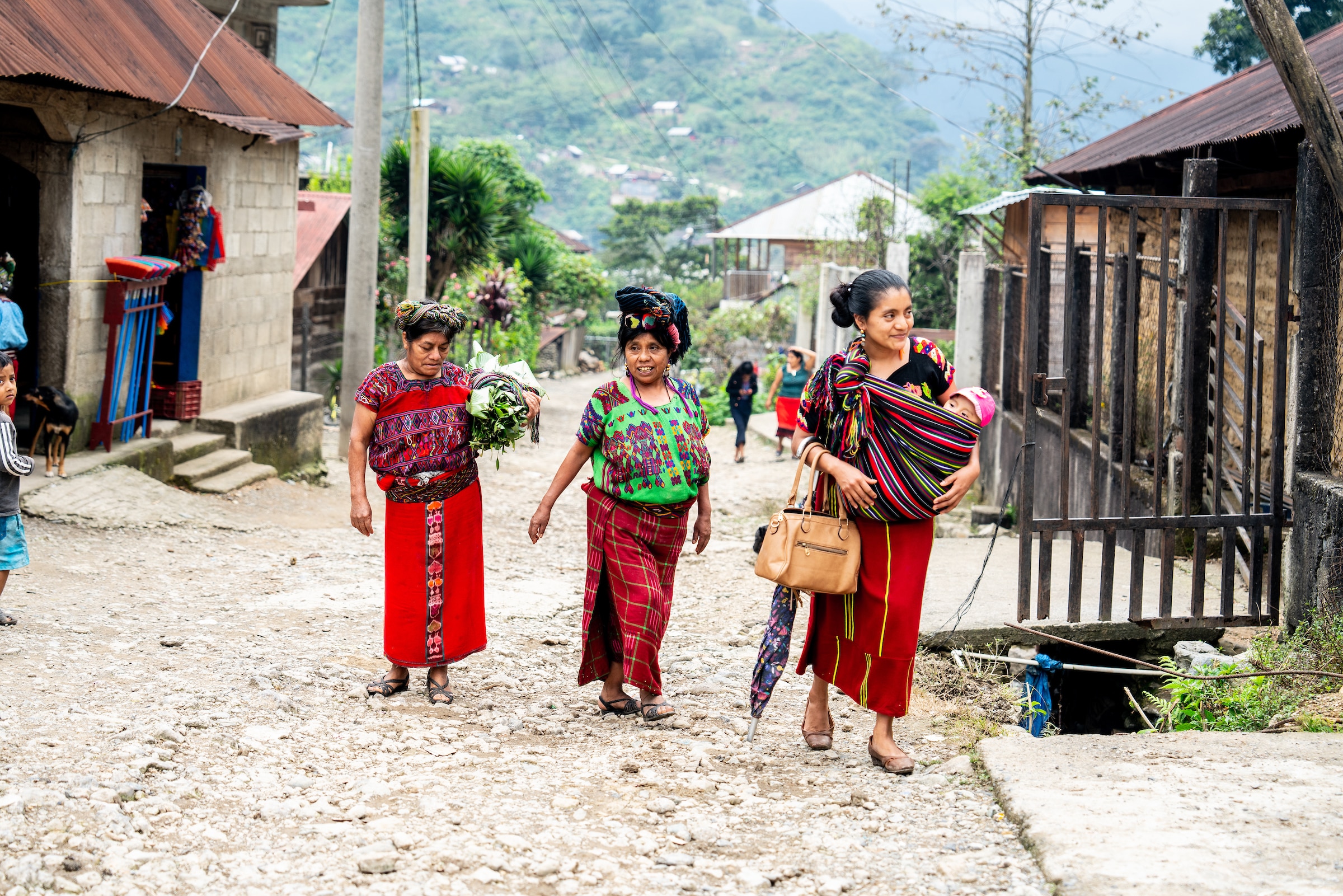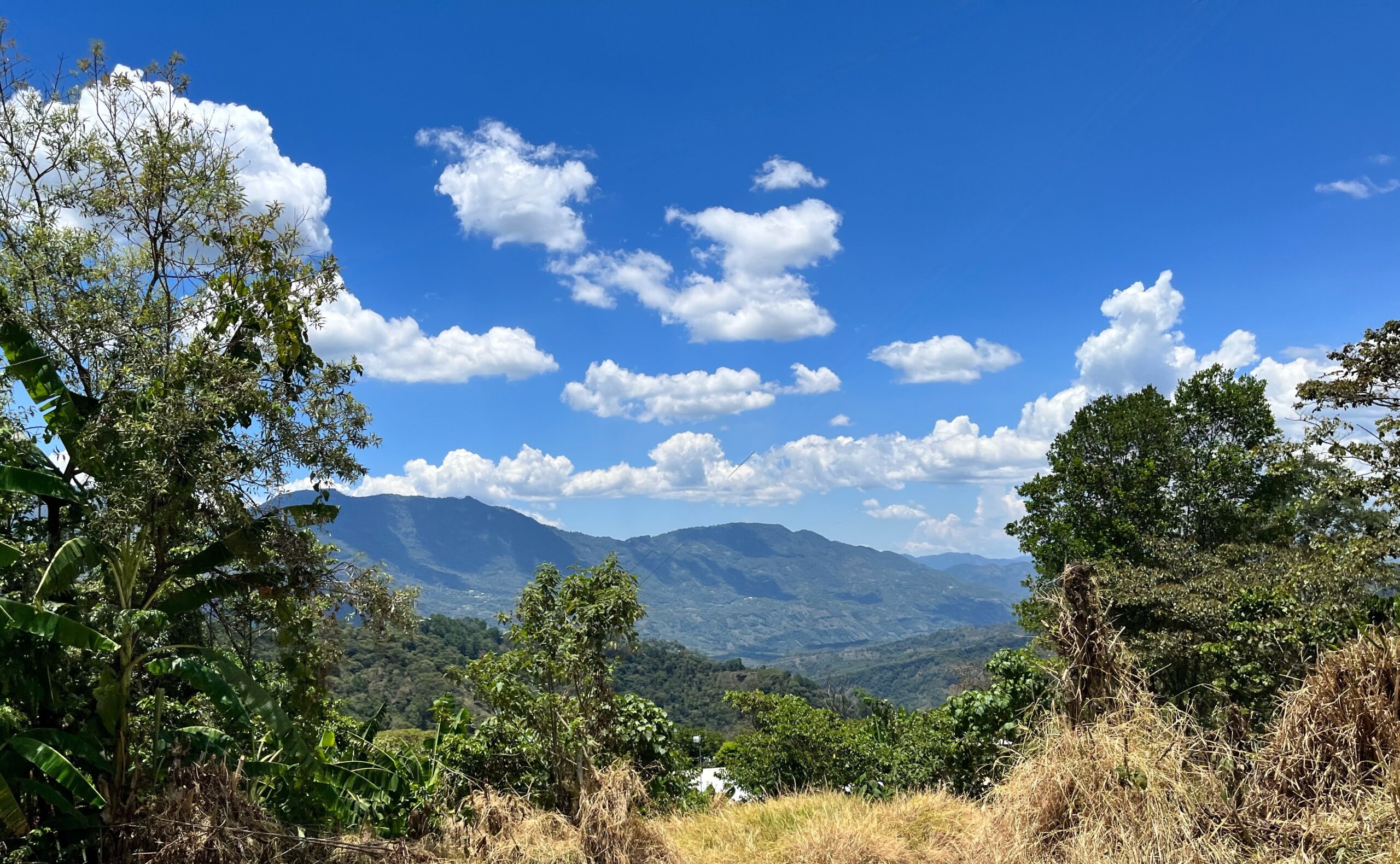
Coffee farms dot the landscape in Mexico’s southernmost state of Chiapas. But coffee production is much more than a key characteristic of the physical landscape in Chiapas-it is also deeply woven into the cultural and economic fabric of the region. Coffee production accounts for more than 250,000 hectares in Chiapas, representing between 30 and 40 percent of Mexico’s total coffee production each year. Nearly a million people in Chiapas work in the coffee industry, and coffee is the primary source of income for around a quarter of the state’s labor force.
Despite Chiapas’s rich agriculture, it is also Mexico’s poorest state-with approximately half of the population living in extreme poverty. Root Capital has worked with coffee cooperative clients deep in the highlands of Chiapas for more than 15 years to build prosperity in rural communities. To date, we have provided loans and advisory services to more than 70 clients in the region.
Evaluating Root Capital’s Impact on Smallholder Farmers
Root Capital is committed to tracking and analyzing key impact metrics that evaluate the financial, social, and environmental (FSE) performance of our credit plus capacity model. Although we work directly with agricultural enterprises, in this case we set out to track our impact at the individual level: on coffee farmers’ incomes. Specifically, we sought to evaluate the extent to which Root Capital services, including access to finance and training, impact the income of farmers affiliated with cooperatives receiving Root Capital’s services.
Thanks to a grant from Walmart Foundation, we recently completed an impact study, in collaboration with the International Food Policy Research Institute (IFPRI), with two of our coffee cooperative clients in Chiapas: Yax Coffee and Kulaktik. The study was conducted from March to April 2023 and included 1,434 farmer households-636 were affiliated with Kulaktik and Yax Coffee, and 798 had no association to Root Capital or any of our clients in the region.
Yax Coffee and Kukaktik’s members are largely indigenous smallholder farmers who farm approximately 12 acres of land each, using organic, agroforestry production methods. Kulaktik is a women-led cooperative of nearly 200 farmers from the indigenous Maya community in the Chiapas highlands; and Yax Coffee is a gender-inclusive cooperative that is made up of over 1,500 coffee producers from the local Ch’ol and Tzeltal indigenous communities.
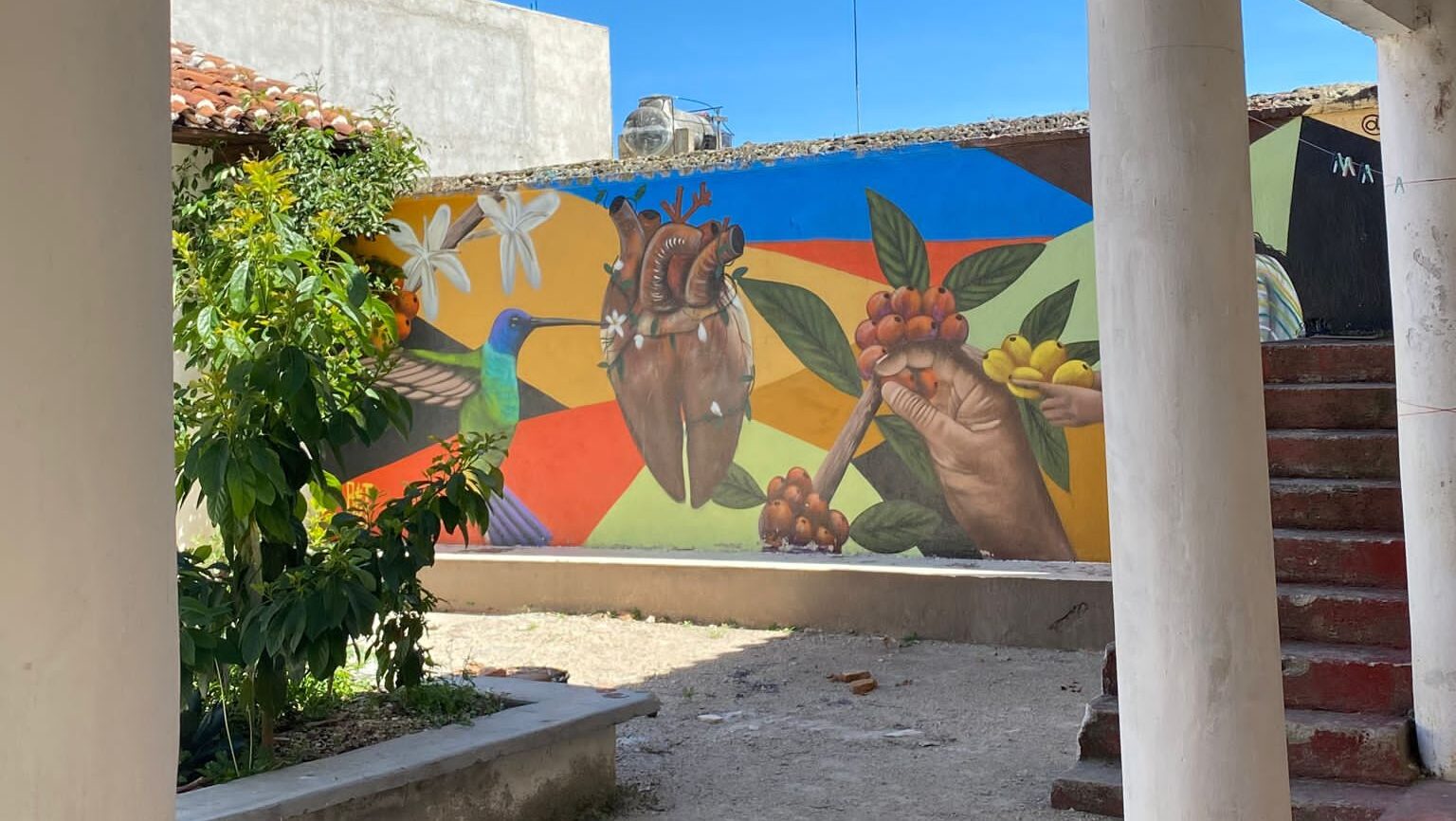
Key Findings
The study showed that Root Capital’s operating model of supporting small agricultural businesses to grow and thrive does indeed have a positive effect on coffee farmers’ income in Chiapas.
The study found that:
- Farmers affiliated with cooperatives receiving Root Capital’s services have 24.51% higher annual revenue compared to farmers not associated with Root Capital. Being affiliated with Root Capital’s services (either by being a member of a cooperative that is a Root Capital client or selling coffee to a business that is a Root Capital client) increased the average income of coffee-farming households in Chiapas by $335 USD per harvest.
- Farmers affiliated with Root Capital produce an average of 89.2 kilograms per harvest more than farmers in the same region who are not affiliated with Root Capital, and these farmers are paid $0.13 USD more (per kilogram of coffee sold) when compared to farmers not affiliated with our clients.
- Farmers affiliated with Root Capital are 21 percentage points more likely to have organic or Fair Trade certifications.
In addition to having higher incomes, the farmers affiliated with Root Capital are also more likely to adopt good agricultural practices such as replanting, shade pruning, mulching, composting, and rainwater harvesting at higher rates, and are less likely to use pesticides, fertilizers, and herbicides. The study found that Root Capital-affiliated farmers are also more likely to use compost, cover crops, irrigation, and rainwater harvesting, all agricultural practices that result in higher crop yield and greater resistance to the impacts of climate change.
To see the full findings from the study, read the report.
Why This Impact Study Matters
Chiapas, which has the lowest average household income in Mexico, is also home to a largely indigenous and historically marginalized population. Driving increases in incremental income for indigenous farmers in Chiapas is key to improving the livelihoods of these farmers and their families. With increased income, they are better able to access basic resources, such as adequate clean water and sanitation.
Although Root Capital works directly with agricultural enterprises and cooperatives, this study demonstrates that our work has far greater reach, benefitting not only the farmer members of these enterprises and cooperatives, but also their families. By partnering with coffee cooperatives in Chiapas, Root Capital is helping to boost the income of local farmer members and build more resilient agricultural communities.
To learn more about this impact study, read the full report.

Juan Taborda is the Director of Impact Monitoring, Evaluation and Learning at Root Capital.
